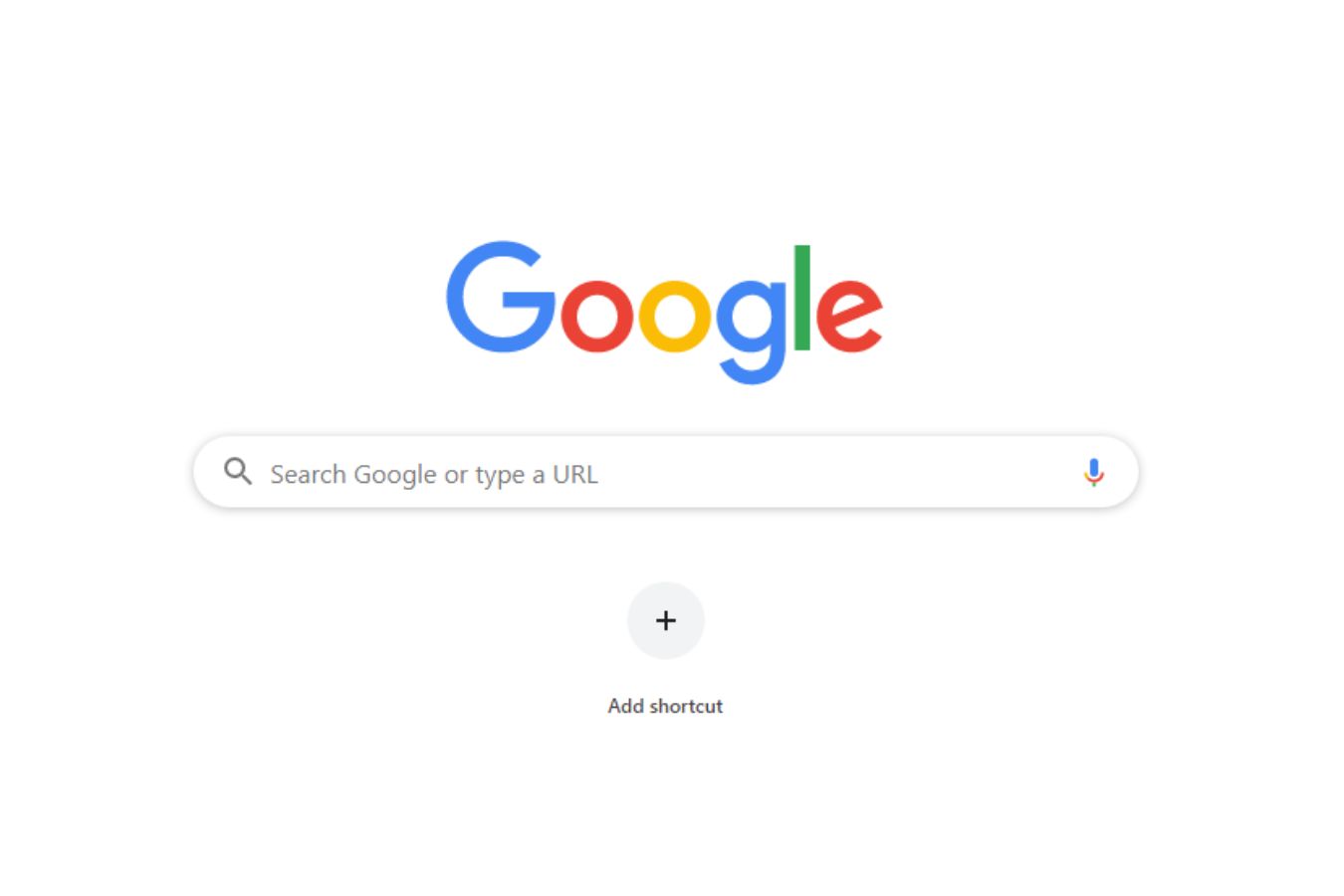
SEO
noun
short for search engine optimisation.
“digital is now the company’s main marketing channel with the majority of investment going on SEO”
If you take a step back from all of the advances in digital technology and take a longer term view – although web technology changes, the mediums that it harnesses (i.e. text, photo, video, sound etc) tend to stay the same. As does the way to go about learning best practices. Google is always trying to filter through all of the content online to ensure that good, relevant content rises to the top. If it didn’t, we would soon turn to another search engine that performed better and showed us more relevant content. That is where having a good on page Search Engine Optimisation (SEO) strategy comes into play.
To keep a grounded view of on page SEO over the various changes and trends in technology and Google algorithm updates, it is useful to remember where the internet came from.
The origins of the internet
Firstly, and in very broad strokes, the internet started out as a military application, enabling communications to continue even if one location (or server point) went down.
This idea was then adopted by academics wanting to share knowledge, and this is the key to the basis of search today. The internet was built like an academic paper, where each article’s authority was proven by the quality and reputation of the sources (other academic papers) that they quoted. In this same way, your article needs to have high quality links pointing towards your site for your site to be considered to have authority. This is the basis of a link building campaign.
Search keywords and on page SEO
keyword
noun
noun: keyword; plural noun: keywords; noun: key word; plural noun: key words
- a word or concept of great significance.
- “homes and jobs are the keywords in the campaign”
- a word used in an information retrieval system to indicate the content of a document.
- a significant word mentioned in an index.
- “keywords entered by the indexer”
Similarly, just as a research paper uses keywords to help readers identify the content relevant to their needs, a main factor of the Google search uses keywords as the driving force to identify relevant content.
Keywords play a crucial role in on-page SEO and help search engines determine the relevance of your content. Google’s search algorithm is designed to find and display the most relevant content for a user’s search query. It evaluates multiple factors, including the use of keywords and related phrases on your page.
While the Google algorithm has evolved to consider other signals of relevance, the core objective remains unchanged: to provide high-quality, relevant content to the user. Without this, users would turn to other search engines.
Ensuring the right use of keywords on your page is an important aspect of on-page SEO, as it helps search engines understand the topic of your content and rank it accordingly.
Best practice
If you keep these two pieces of information in mind and base your actions around practice that helps Google achieve its aims to surfacing highly relevant, good quality content, rather than tricking it into believing your content is something it’s not, then you’ll ride out most of the changes to search, and you’ll see better results with your content reaching the right people – those that are looking for it.
What is on page SEO?
On page SEO is the practice of optimising your web page for search queries. It includes the content written on the page, the headline, the image titles and alt tags and the metadata (such as SEO title and description), the structure of your article (such as heading tags) and more. Though there is a lot more that you can do to optimise your site for search, in this article I am classing that as SEO, rather than on page SEO. So, what are the key things to know about on page optimisation through the years?
Google loves high quality content
Google values high-quality content above all else. This is because Google’s ultimate goal is to provide its users with the most relevant and valuable information for their search queries.When Google sees that a website has high-quality content, it considers it more authoritative and trustworthy, and therefore, more deserving of higher search engine rankings.

(Source: A screenshot of Google’s search engine)
High-quality content is defined as being well-written, informative, and relevant to the topic at hand. It should also be original and not duplicated from other sources. Additionally, high-quality content should be optimised for search engines, meaning it includes relevant keywords and phrases, is easy to read and navigate, and has a clear and simple structure. Creating high-quality content can have a significant impact on a website’s search engine rankings, traffic, and overall online visibility. By consistently publishing valuable, relevant, and well-written content, websites can establish themselves as experts in their field, build trust with their audience, and ultimately drive more organic traffic to their site.
The Wild West days of SEO
In the days when the internet first became adopted by the general public and people figured out how Google worked, it was like the Wild West, where someone with a few SEO skills could turn up on the scene and clean up. These such SEO practices have become to be known as black hat tactics.
Website authors would be able to trick Google, by finding out what keywords most people searched the internet for, which at the time was either ‘Kylie Minogue’ or ‘porn’ or a combination of the two words. They would then insert these words all over their site, in white text on a white background: so users couldn’t see them, but search engines would still spider these words and add the pages to the search results.
This resulted in many sites getting lots of traffic from people expecting something quite different – I can’t imagine many people searching for ‘Kylie Minogue porn’ were in the mood for or very happy when they reached a site selling them consumer products, or that they ever actually bought very much.
Google’s response to black hat SEO
In response to these aggressive SEO techniques Google had to up their game – they changed their algorithm – and everyone using these ‘black hat’ tactics saw a drop in their Google rankings.
Hence why black hat tactics are always a bad idea, if not at the time, then later when Google changes the algorithm, and penalises sites for whatever particular tactic is doing the rounds at that time, by lowering them in the rankings.
In the 20 plus years that I’ve worked in content creation, I’ve never done anything black hat and never once had my sites drop in the rankings, only improve.
(If you don’t know, the reference to black and white hats is from – it’s from old Westerns where the goodies would all wear white hats, the baddies black hats, so you can tell who the good and bad guys are in a fight scene. Don’t be the guy with the bad teeth spitting ‘tobacco’ all over the place, be a James Stewart and win the day.
White hat SEO tactics
On the other side of the coin to the advice, ‘don’t do anything black hat’, is that you need to DO something. Preferably white hat stuff, obviously.
Just like the protagonist in many westerns, organic on page SEO is often overlooked as your first port of call, in favour of the big guns of paid AdWords. However, by using simple on page SEO techniques to help Google learn what our pages are about, and by doing all of the other things to signal that your pages are good, (such as obtaining quality links, checking the technical quality of your site and core web vitals) I have managed to beat competitors with larger budgets and resources who simply aren’t doing the basics properly.
If you don’t try to beat Google at its game but play fairly with it, often you find you win most of the time above your competitors just by following the rules well. This will also mean that in the future there is not legacy code on your site Google will one day consider was done by cowboys.
On Page optimisation techniques
The following advice is not current on page SEO best practice, so much as practice that will always weather the storm, not matter what other activities are flavour of the month:
Original content is King
It’s spooky how good the new automated content generators are – which can scrape the web for existing copy to create an article that performs well and seems real (and you should look at these tools).
This technique it uses is not entirely new – in the past copying and pasting press releases with a few changes and an extra paragraph of text to make it seem to add something to the topic, was a big thing for mediocre sites.
Even now, a lot of web journalism has been condensing to researching and rewording other articles online. You can get away with this copy, rephrase, and paste approach – this will get you results, but it will not make you a content leader and thought leader.
There are still opportunities to stand out by going against the grain. Original content online is (obviously) going to be the originator of all this quality content. Subject authority is still a ranking factor – even if the terms Google uses to define this change over time. As more and more companies adopt the opposite approach, be the originator not a duplicate. Proper research, interviewing, and thought are key to not just rehashing what others are saying but saying something that stands out.
Original research is key
Though the tools available come in and out of favour and the analytics available change – being able to think for yourself outside of ‘best practice’ will always take you further than others. Yes, do follow best practice – but then step outside of the problem and think for yourself.
- How is each tool finding its data?
- What flaws does this method have?
- What other ways might you approach content?
- How can you look at what others are doing and learn from them?
- What aren’t they doing?
- Not only what is Google changing in its algorithm but why is it changing it?
Do it, analyse it, optimise it, and then do it differently
The best thing about working with digital is that every result can be monitored in your analytics software and can continually be learned from and improved upon. Learn your own best practice – to stand out above the crowd.
How Cremarc can help
At Cremarc, we are experts in researching a subject and writing content for the target audience that summarises a subject in a way that other sites do not – helping to create content that will beat the competition, guns blazing.
We are technology experts and so can write about your topic with authority. We are also digital marketing experts and so can take your on page optimisation to the next level, making sure Google will take notice and helping your rise to the top.
Want to learn more – get in touch to find out how Cremarc can help with your on page SEO strategy, get in touch today.